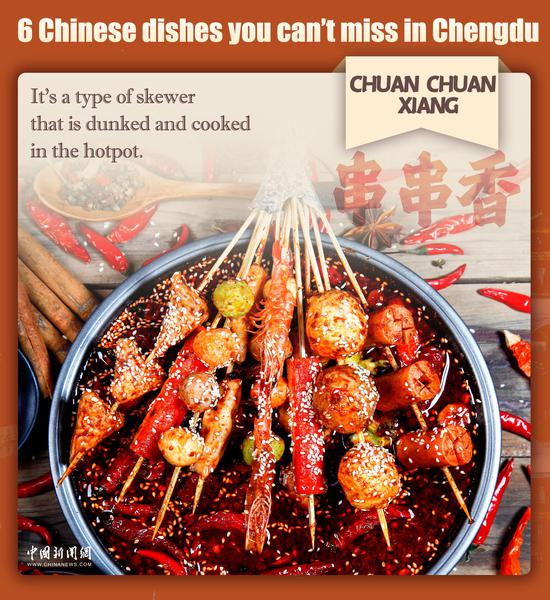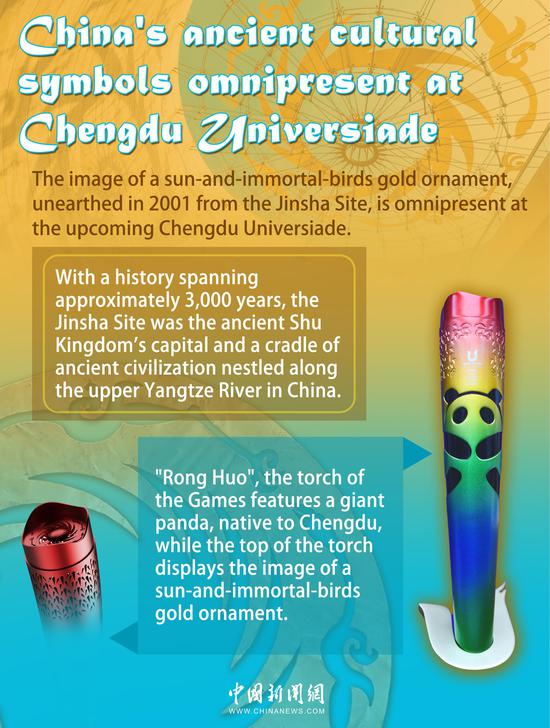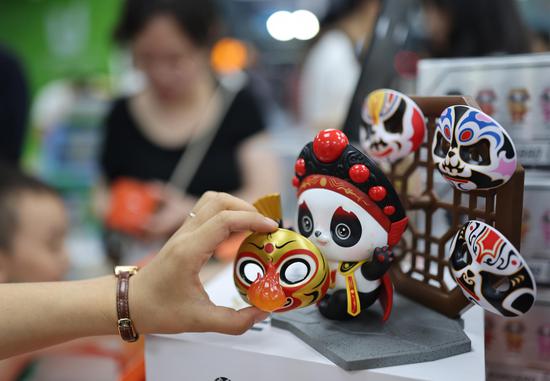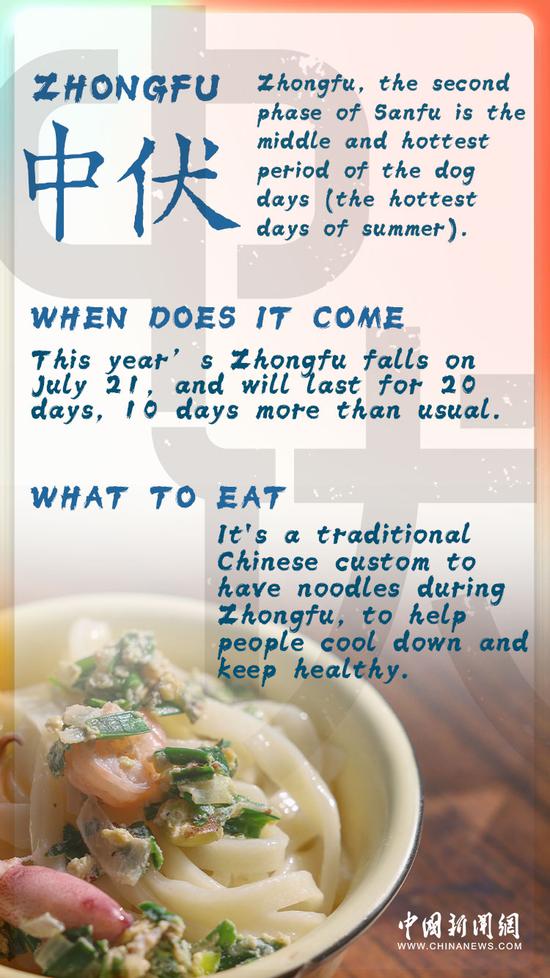Online fast-fashion retailers from China are making significant strides in the U.S. fashion industry and steadily gaining market share.
The e-commerce platforms have become thriving hubs for both buyers and sellers, spurring the growth of international trade for Chinese businesses. Two shopping sites have attracted the most attention from U.S. consumers: Shein and Temu.
With affordable prices, free shipping, regular discounts and flexible return and refund policies, Temu, a subsidiary of Pinduoduo Holdings, which launched in the U.S. last year, and Shein, in 2017, are attracting a growing user base.
In 2022, the digital clothing platform Shein was downloaded 200 million times, surpassing Amazon as the most downloaded app in both Apple and Google stores in 2022.
Shein has generated annual revenue of $30 billion and has 13.7 million annual users by: selling a pair of shoes for less than $20, a dress for less than $15, a t-shirt for less than $10, a swimsuit for less than $5 and earrings less than $2.
Compared to iconic fashion brands such as H&M, Zara or Uniqlo, similar-looking products on Shein are priced lower, often ranging from $20-$30 apiece. Consumers using its app also receive daily discount coupons without limitations, guaranteeing them better prices.
According to the U.S. Bureau of Labor Statistics' Consumer Price Index, apparel prices rose 3.1 percent in the past year. The increase in clothing and footwear costs is putting a strain on the budgets of many Americans. And they are looking for cheaper alternatives.
Shein and Temu strategically entered the U.S. market during a period of relatively high inflation. In 2022, the inflation rate for apparel reached 5.03 percent and dropped to 3.17 percent this year.
Apart from being price driven, the styles and trends of products have also captured millions of customers. Both Shein and Temu have outpaced traditional U.S. brands with their faster rollout speed. Data collected by Rest of World revealed that between July and December 2021, they added anywhere between 2,000 and 10,000 SKUs (stock-keeping units, or individual styles) to their apps each day.
Drawing on a user experience approach similar to its parent company Pinduoduo, which is a top competitive retailer in domestic China, Temu has rapidly attracted U.S. customers.
Unlike Shein, which mainly sells branded apparel, Temu operates more like a marketplace, also selling home appliances, furniture and other accessories. According to Bloomberg Second Measure, the spending on Temu was 20 percent higher than more established fast-fashion retailer Shein in the U.S. in May.
Shein and Temu have been entangled with lawsuits back and forth for months, while other small Asia e-commerce platforms like TikTok Shop, AliExpress and Wish are also entering the U.S. market.
Temu recently filed a new lawsuit against Shein in Massachusetts, alleging that Shein has engaged in monopolistic practices with manufacturing suppliers, thereby violating U.S. antitrust law.
Shein filed a lawsuit in Illinois, accusing Temu of contracting social media influencers to make "fake and conceptive statements" against Shein in promoting the Temu brand and alleged that Temu had infringed on its trademarks and copyright.
"It makes me feel at home like shopping with Taobao, [a popular Chinese e-commerce platform]," Cici Wang, an international student at New York University told China Daily. "Products are cheaper and cuter than Amazon."


















































 京公网安备 11010202009201号
京公网安备 11010202009201号